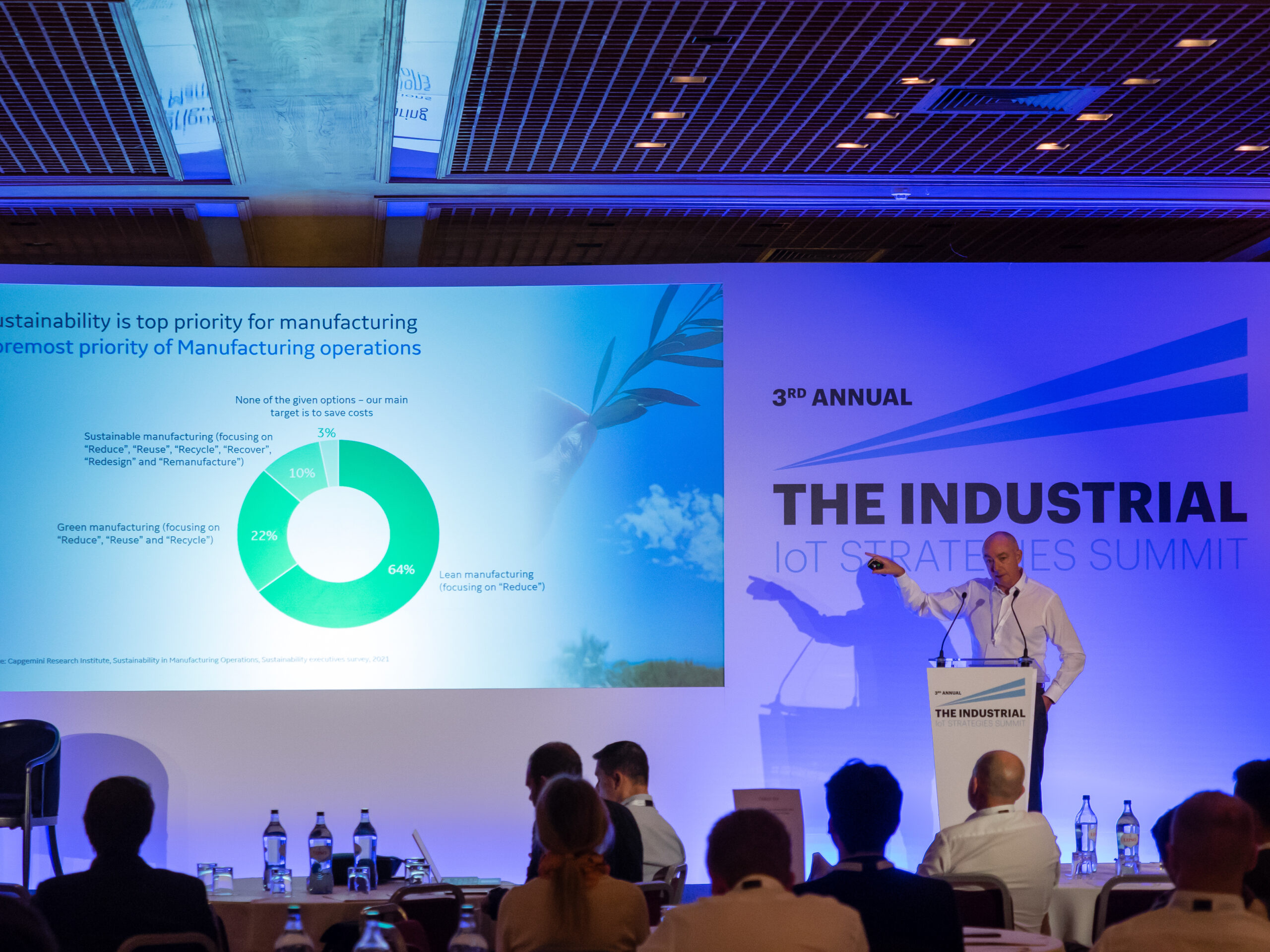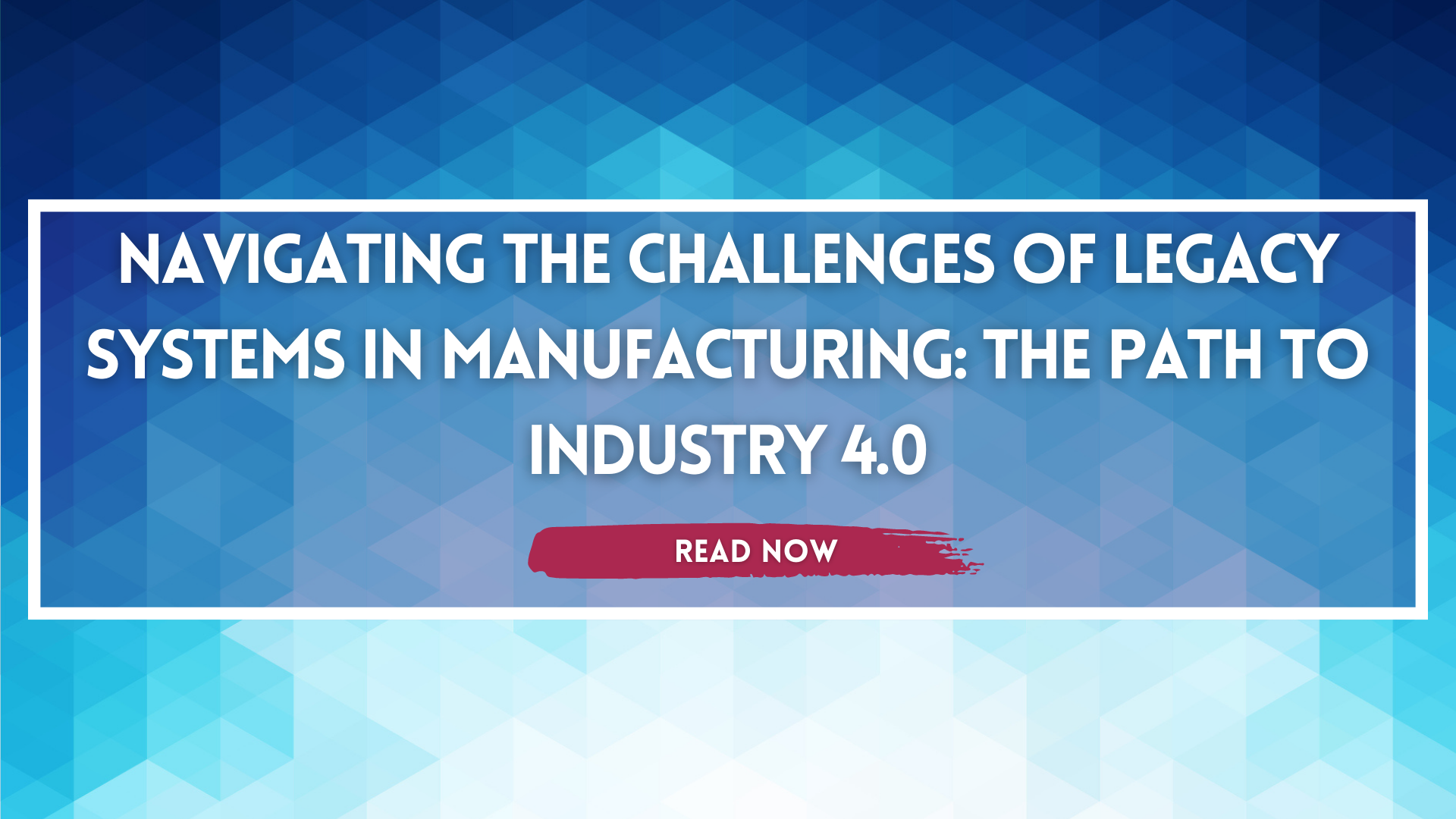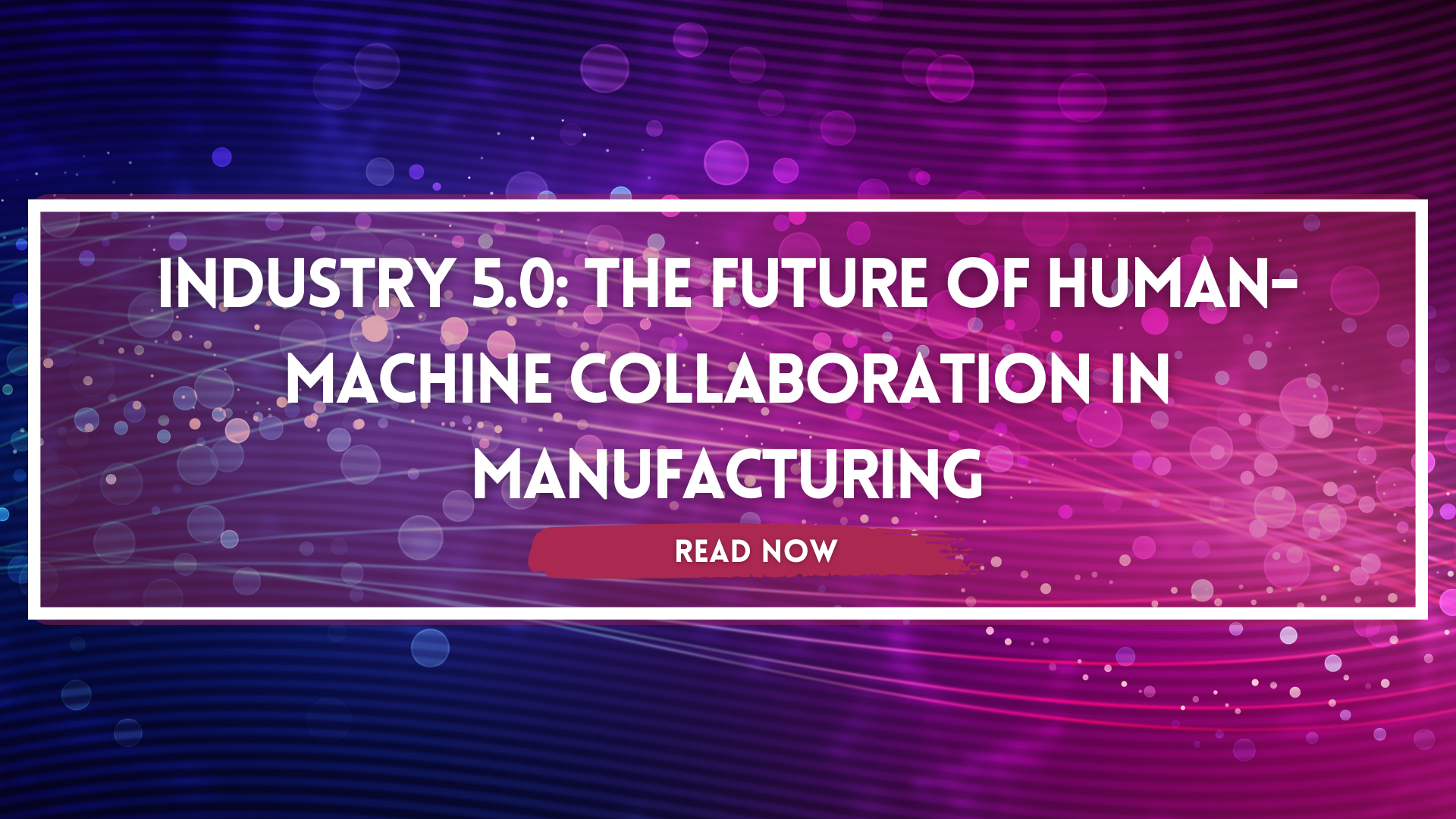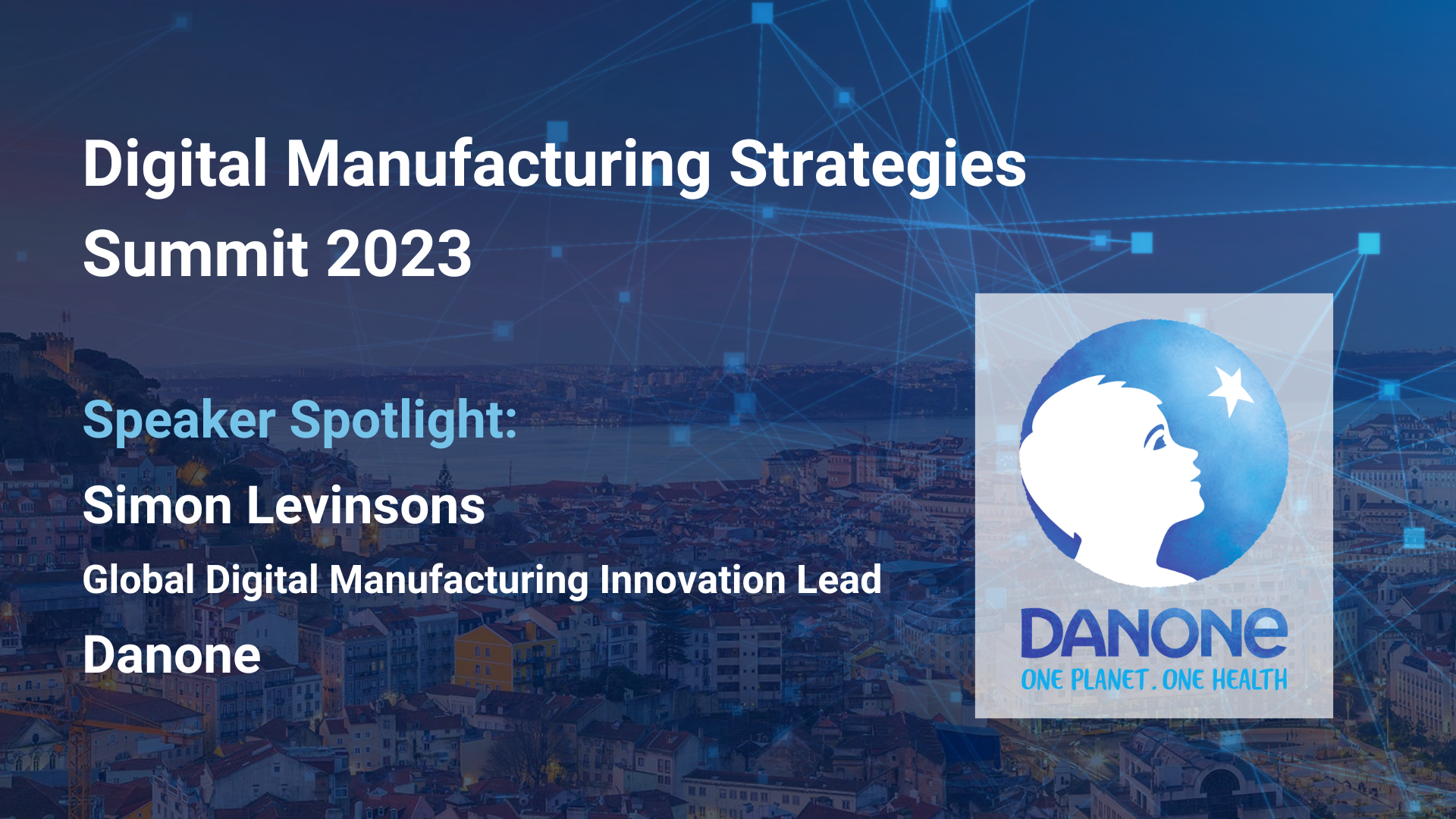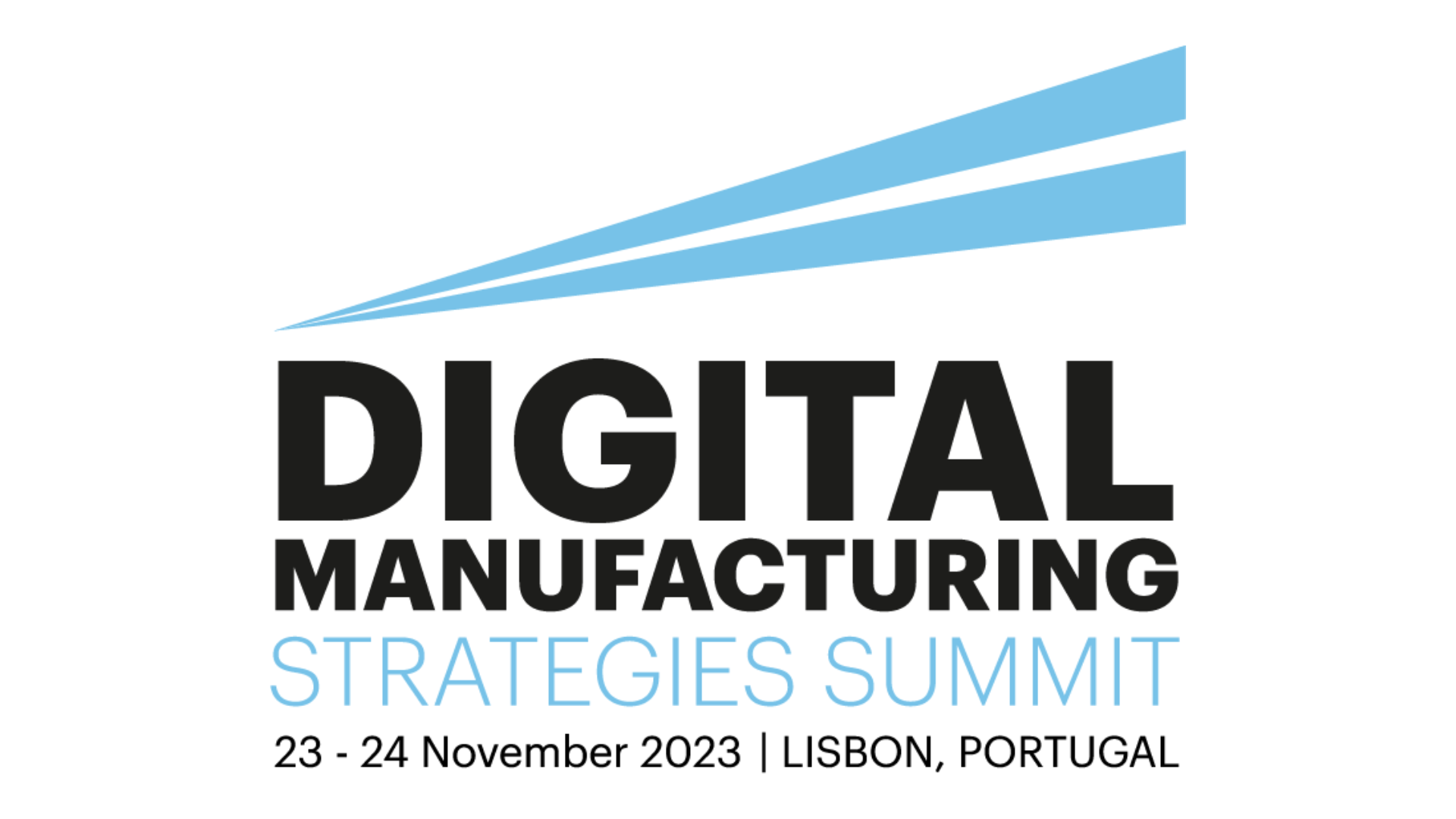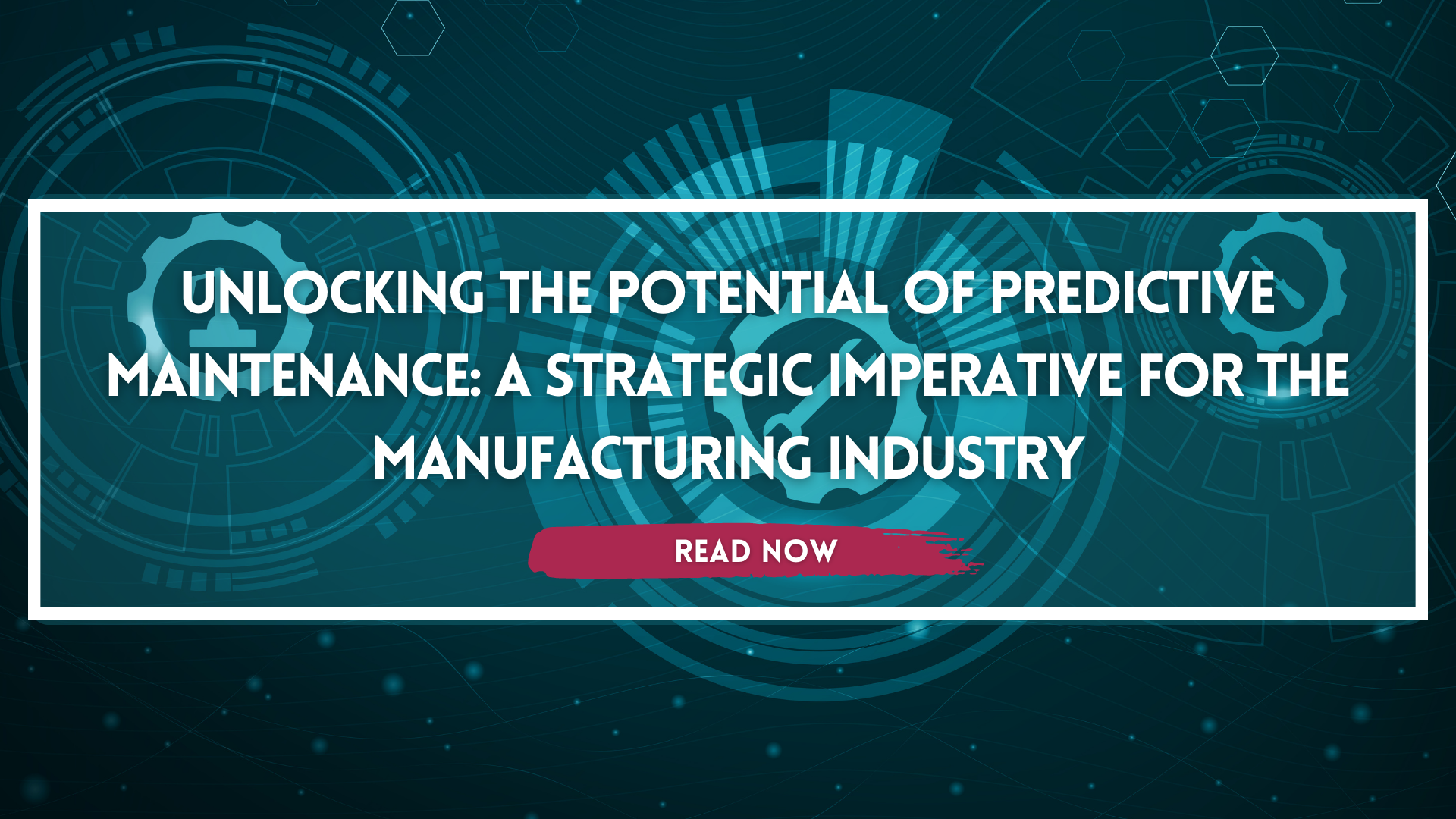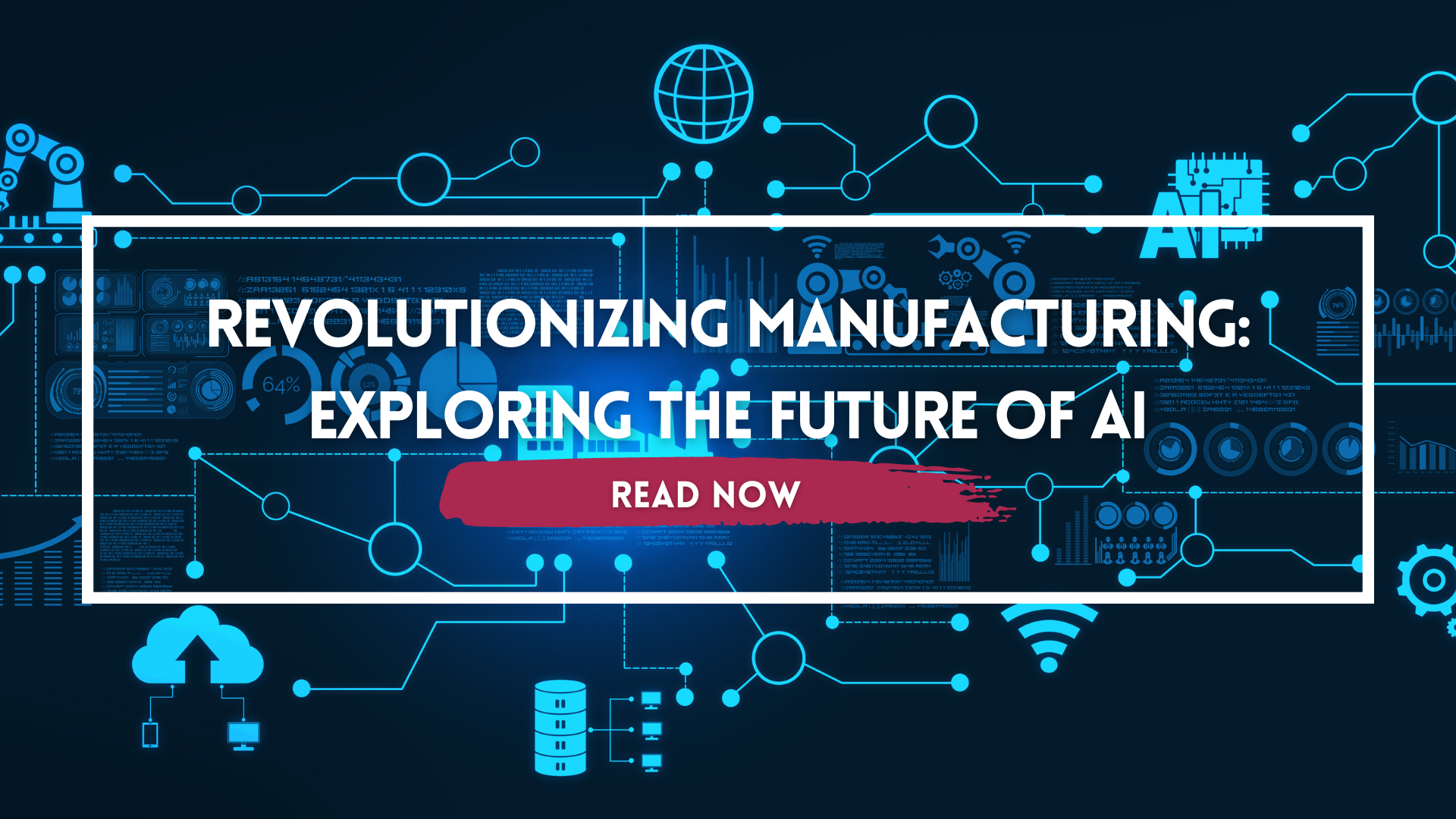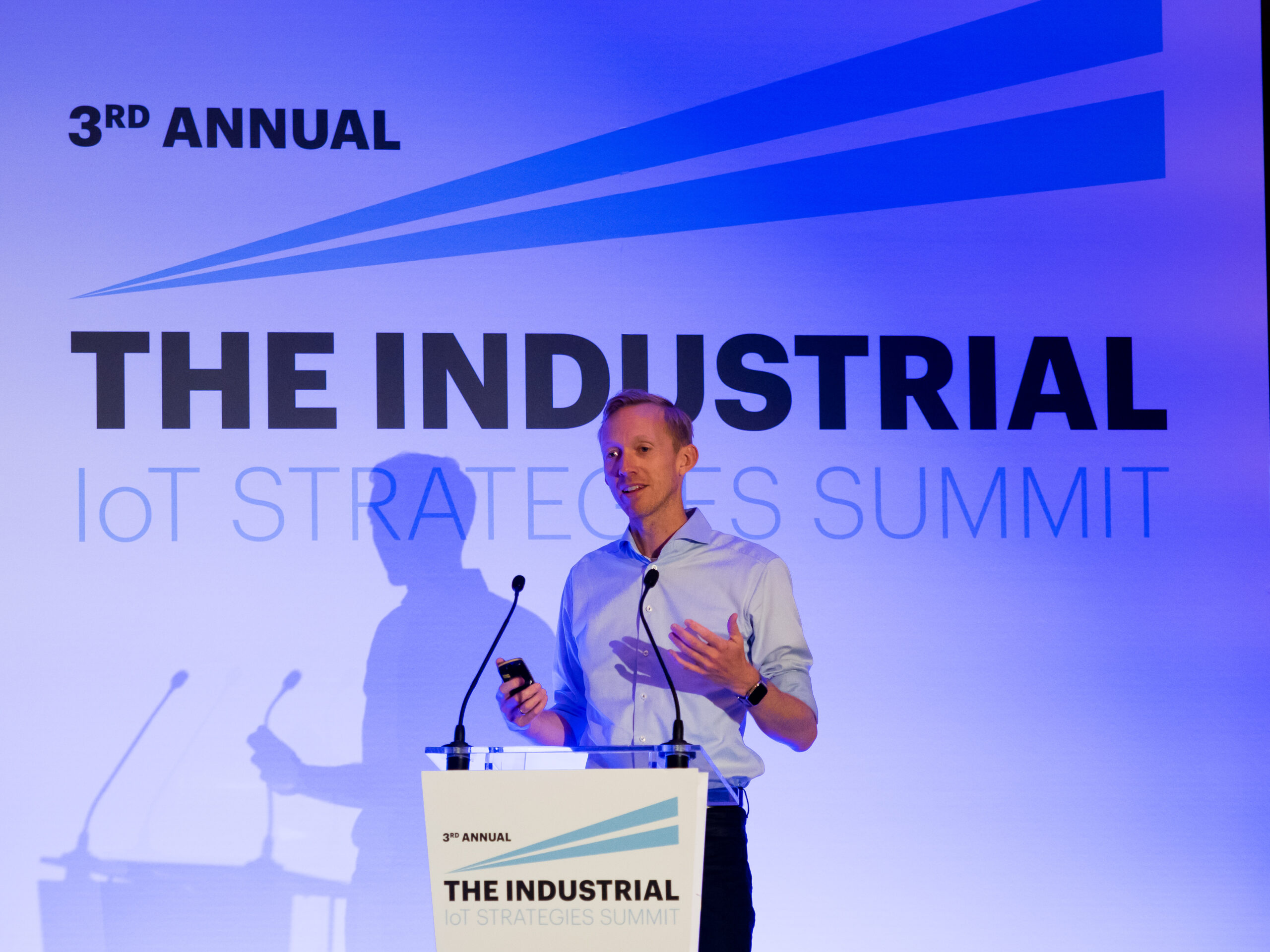IIoT Strategies Summit speaker Athanasios Kontopoulos shares his thoughts on the digital future of manufacturing and why just being ‘fancy’ isn’t enough.
We’d love to know a little more about you… how did you get into the industry and what drives you on?
I got in the Industry in 1995, after my PhD. I was eager to test, to learn every day, to invent. Innovation has been my main driver ever since.
Since you began your career how has the manufacturing industry changed?
More focus on Safety, on Quality and Reliability and on Automation. Environmental considerations became more and more present. And digitization is one of the new challenges.
Thinking about industry 4.0 and the digital transformation of the industry where do you feel the biggest ‘wins’ have been?
Automation is one. Predictive maintenance is another and operational excellence in general progresses. Where applicable (eg automotive industry), robotics make a difference. For some businesses, logistics have been completely transformed and greatly benefit from digital technologies. But all the industries have not evolved at the same pace, a lot needs to be done.
And, what do you see is the next big game-changer for the manufacturing industry?
The supply chain is going to change thanks to digitization. Also, putting the customer in the center will become easier as many information becomes more available (eg digital marketing and sales).
And many of the foreseeable changes will have to be assessed through the lens of the energy transition. Many new constraints appear but we also need to consider the opportunities that this new situation will offer and adapt to it. In this framework, more collaboration between players (e.g. cities, industries, producers/consumers, “prosumers”,…) will be necessary to facilitate the penetration of renewable energies in many regions on the planet.
Digitization and use of technologies such as Artificial Intelligence can play an important role in this. Same thing for the circular economy. Citizens and Industry have to play their role. And digitization/AI can help.
But technology is not enough. The mindset needs to evolve towards this direction too. Human will remain in the center for a long time – at least this is what I believe.
As manufacturing becomes ever more digital and with many organisations IoT implementations begin to mature have there been any ‘we didn’t expect that to happen’ moments along the way?
Yes, surely. Those who did not set the targets correctly got some disappointments. We need to be sure of the “why”. What is the real pain point? What the digital solution will bring as an answer. What is the expected benefit? Ask the end-user, the customer, be sure of their needs. Being fancy is one thing but we need to think real value behind. Technology just for the sake of it rarely works in the industry.
There is always a lot of discussion around digital adoption… what do you think the biggest barriers are/were and what steps can the industry take to overcome them?
We can segment the data life cycle as; Collect, Process and Activate, as our CDO, Bruno Aïdan, likes to remind us. Digging in this three-step cycle, we can find the major usual barriers in Industry, generally speaking, that reduce the data-driven business adoption and value creation.
Collecting the data can be difficult due to many reasons: legacy, data coming from different sources and being heterogeneous, lack of infrastructure and governance-not established organization to support data access and collection, not enough competencies (data engineers,…) or overburdened teams,…Data access and collection can be 80% of the effort needed overall in a project. In general, barrier here comes from a not fluid process to access, collect and store the data both from a technical and organizational standpoint.
Then, in the “process” part, we usually find a competency gap (mainly data scientists) to clean and prepare the data and to build the algorithms. In other words not enough skills to create the “motor”, the engine.
As an example, to cope with this important topic, we created the d2-lab, the “data and decision sciences lab”, in our Company. It is a network connecting internal and external experts on data and decision sciences. And, as part of this initiative, we have now a thriving Community of +200 “citizen data scientists” that are in the Businesses, in IT, in Digital, in R&D, etc.It is a way to upskill people. Having the right competencies will be a mixture of hiring, working with external providers and upskilling people!
Now, at the end, we have the “activation” part, putting the results of the previous steps in the hands of the business people, the final owners. It is them that will use the results of the algorithms in their everyday life to take decisions. Thus these results need to be understandable, easy to access and use (e.g. fast enough to get, presented in a visual way,…) – therefore easy to “activate” in real life. If this is not the case, we have a strong barrier to adoption and usefulness.
People often mention lack of data (or bad data) as a reason for unsuccessful projects. And this is true. But we need to think at all the parts of the process because the lack of data can be just the effect of many other reasons (e.g. lack of sensors but also lack of data governance, data process skills, organization, infrastructure,…). You need to tackle the source of the problem and consider the whole data life cycle.
Also, in many cases, successes exist on PoCs but not on enterprise-wide projects. You can sometimes collect some data and make a successful PoC but in order to scale up, you need to set all the steps we mentioned in a sustainable way.
What piece of advice would you give an organisation just starting out on their digital transformation journey?
Do not try necessarily to “boil the ocean”. Set your business objectives right to answer real needs and pain points. Ask your end-user, your client what they really need. Build a solid portfolio of your use-cases, in other words.
Then think how you’ll collect, process and activate your data. Include all the players (Businesses, Digital teams, IT, Safety/Legal, R&D,…). You need teamwork and buy-in.
Then, think scalability, since the very beginning. Make it happen, make successes and communicate them within and outside your company.
What do you think the industry will look like in ten years from now?
The energy transition will impact many of our choices. Some parts of the industry might suffer and others should bloom. Manufacturing will surely be different but I do not expect it to be 100% different. Everything comes with a pace, it can be faster or slower, this will depend on the industry segments but also on the geographies.
I’m also quite sure that that the future of Industry lies in new ways of working with the ecosystem: startups, Academia, suppliers, and customers.

